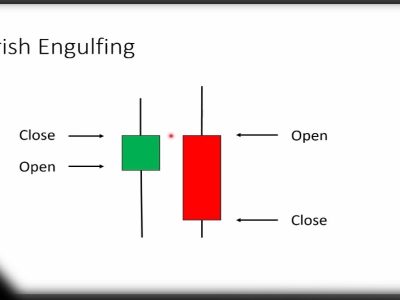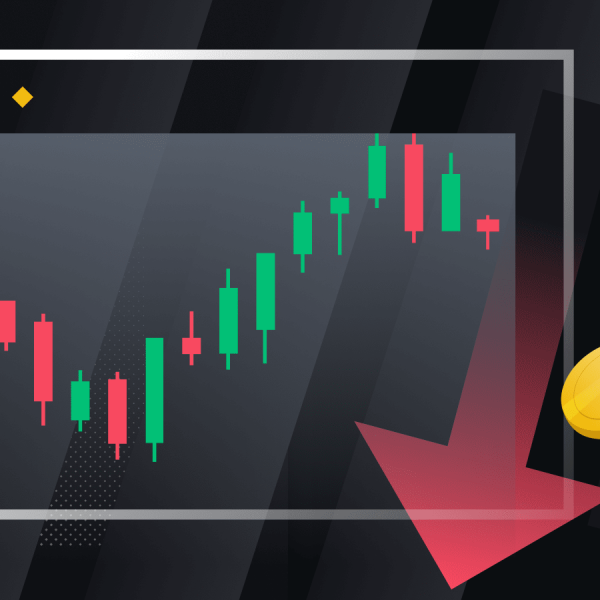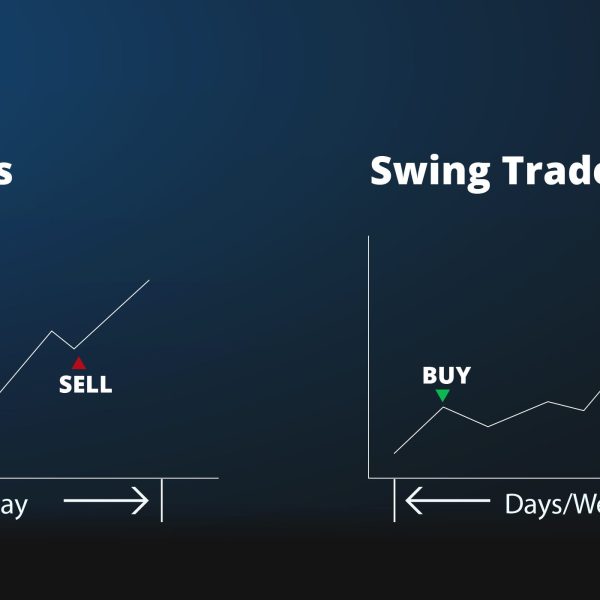There are currently many Ethereum wallets, each designed for a specific purpose. Some of these wallets, such as Metamask or Coinbase Wallet, are always available and have a lot of security stability. Cold wallets such as Ledger and Trezor also connect to the Internet when needed. These wallets are more secure because their private keys are never available on the web, but they have a more complex user interface than software wallets. On the other hand, smart contract wallets, known as smart wallets, have not been accepted as they should be, and perhaps most people have never used these applications. However, these types of wallets offer a combination of security, flexibility, and high usability to their users.
A smart wallet is an Ethereum wallet that manages by smart contracts instead of private keys. It allows users to offer advanced features such as Multi-sig transactions, daily transfer restrictions, instant account locking, and secure account recovery.
Smart Contract Wallets
The smart wallet works so that its assets are managed and transferred in the form of smart contracts. This method can give users more control over managing their assets.
The Ethereum network supports two types of accounts: External Owned Accounts, which are managed using a private key and seed phrase, and Contract Accounts, operated with a smart contract code. Today, Ethereum wallets can be controlled in both ways, but they work seamlessly with the release of Ethereum 2.0.

Most Ethereum wallets manage on EOA accounts, so their uses are more limited. Smart wallets are part of the Contract Account routine and allow you to manage assets with coded instructions with the power to identify who Uses them.
OTC crypto trading is also associated with tighter spreads, meaning that high volume traders can save more money and maximise their profits.
Smart Wallets benefits
Due to the variety of smart contracts and separating users’ obligation to use private keys, smart wallets offer many capabilities along with user experiences such as traditional financial applications. Here are some of these features:
Multi-signature authentication: More than one user can authenticate a transaction to increase security. Smart wallets also accept multi-sig transactions for offline verification.
Lock the account immediately: If the device is stolen, the account can be locked immediately, and access to it can be disabled.
The daily limit on the number of transactions: The daily limit on the number of transactions can help reduce the number of irreversible errors. It also prevents wallet-emptying attacks for transactions.
Multi-Factor Authentication: Smart wallets offer a new layer of security with authentication systems.
Whitelisting: Users can restrict transactions to a single whitelisted address.
Trusted Guardians: Smart wallet operators can choose security guards to keep their assets more secure. For example:
- Create transaction restrictions for a specified amount.
- Move to addresses that are not in the whitelist.
- Seedless” account recovery (Guardians can unlock frozen accounts or approve new devices).
Bundled transactions. Some smart contracts approve the specific amount of tokens needed to use a dapp and send it as a Bundled contract to that app for added convenience and speed.
Platforms like Authereum also allow decentralized applications and developers to pay the gas fee for structured transactions and avoid wasting ETH users.
Advanced Smart Wallets
Advanced smart wallets also have other unique features that users who need better and more features can use.

DeFiSaver’s wallets allow bundled transactions with pre-built instructions. Users can also create their instructions for sending and receiving their assets to DeFi protocols.
DeFiSaver also offers Vault Automation, an automated liquidity assessment method. When this feature is enabled, if the Collateral Ratio of a Vault falls below a certain level, part of the Collateral is instantly replaced by Dai. In this case, this amount is intended to repay Dai, which was sent to increase CR.
Conclusion
Smart wallets with their features can meet the needs of many users in the cryptocurrency market. However, this type of tool is not yet well known and used. It is likely that by the end of the 2020s, the use of these types of wallets will become widespread worldwide. What do you think about the level of security and efficiency of this type of tool compared to other digital currency wallets?












